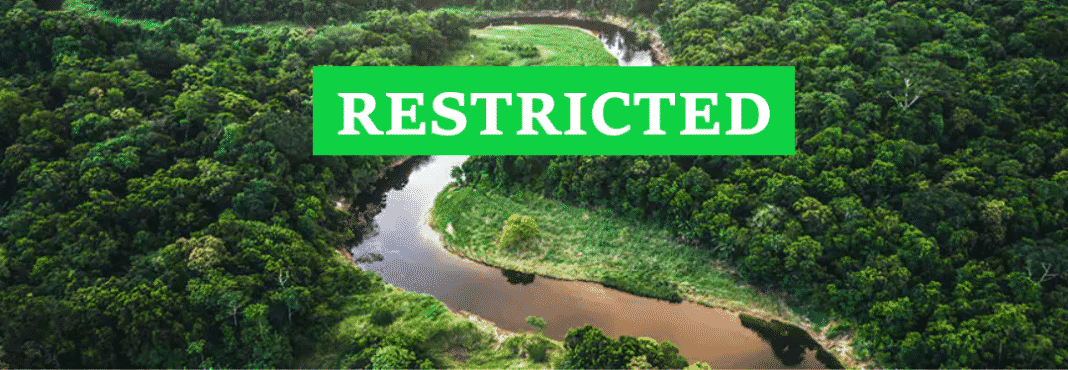The carbon credits market faced restrictions when two nations with large rainforests cut back on forest carbon credits.
Indonesia and Papua New Guinea are limiting the credits produced by preserving their rainforests. Last month, both countries released official statements about this matter.
PNG suspended new carbon credit deals after a watchdog group raised red flags on a deal in the Oro province. Its government decided to make a stronger legal framework governing voluntary carbon credits.
PNG’s environment ministry said that the temporary ban is to ensure proper stock take. It’ll also give time to audit the existing carbon projects in the country.
Likewise, the Indonesian government also held carbon project validation due to regulatory concerns. The suspension involved credit issuances associated with projects in North Sumatra and Kalimantan.
Indonesia is home to some of the world’s largest forest-preservation carbon projects. In fact, it has been the biggest supplier of forestry and land management producing carbon credits in Verra.
Verra is one of the two major carbon registries in the sector.
Why Set Forest Carbon Credits Limitations?
Developers of carbon credits buy the rights to endangered rainforests and pay locals to protect them. The locals’ preservation efforts reduce the carbon emitted into the air.
The reduced emissions produce carbon credits. These credits are then sold to overseas businesses to offset their own GHG emissions.
The idea behind this scheme is to incentivize the local people with rights to the forest to earn revenue from preserving it and not destroying it. It’s one way to fight climate change and help reverse its damaging effects.
But both countries decided to place new restrictions on generating forest carbon credits. One factor leading to this decision is the concern of who gets the credit for reducing emissions.
Under the climate accords, nations commit to cutting each of their GHG emissions. But to avoid double counting emission reductions, those who sell credits can’t count them in their own climate targets.
In particular, Indonesia worries about the growing private carbon projects in the country. It may seem that they’re losing control of their rainforest’s ability to store carbon.
Rainforests have become one of Indonesia’s major commodities.
In fact, under the nation’s law, it’s illegal to take something from the forests if it violates the rules. So, all carbon projects are under evaluation by the forestry management to ensure they don’t break Indonesia’s laws.
The government has been tightening regulations and says stricter rules are coming.
Indonesia’s restrictions on forest carbon credits are also mirroring the carbon markets worldwide.
Meanwhile, PNG is also home to the world’s 3rd biggest tropical rainforest. It keeps 7% of the earth’s biodiversity, making it so enticing to carbon financiers.
Moreover, protecting the forests is vital to PNG’s climate goals. But, more than 70% of timber production in the country is illegal.
And so, having some restrictions on PNG’s forest carbon credits generation is important. It’s to ensure that there’s proper oversight of the carbon market from the government.
Carbon Projects Affected by Restrictions
This affects large carbon credit producing projects such as the Indonesian Rimba Raya REDD+ project on the island of Borneo.
Also affected is the Katingan Mentaya Project which is under the PT Rimba Makmur Utama, which claims to be the biggest emission-reduction forest project globally.
The project gives local people jobs to preserve the thick forest as home to many species. The project developer had sold the remaining carbon credits to French and Japanese businesses.
Permian Global, which also develops forest protection projects and finances the Katingan Project said:
“Keeping a close eye on developments across the Indonesian carbon market, not least to ensure the project’s continued compliance with any new legislation.”
Some climate activists are positive about government restrictions on forest carbon credits. They say that private carbon credits projects are not doing enough to reduce deforestation.
They also said that project developers can easily overstate the damage to the forest in the absence of the project. This, in turn, allows them to overestimate the reduction in emissions.
A related case occurred in the U.S. public forest projects claimed to generate dubious carbon credits.
Hence, restrictions on carbon credits generated by forest projects seem to be necessary. They can help strengthen investors’ trust in the market.

